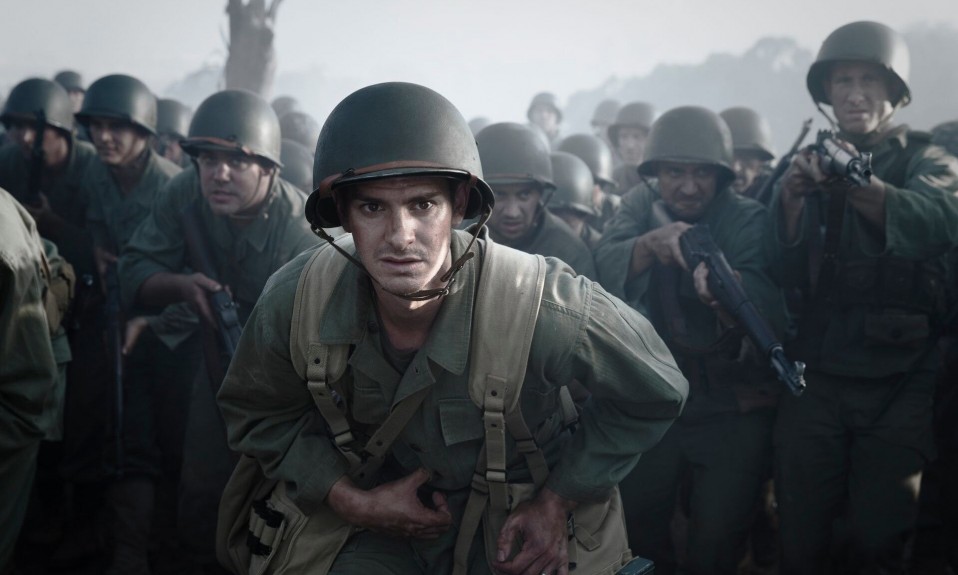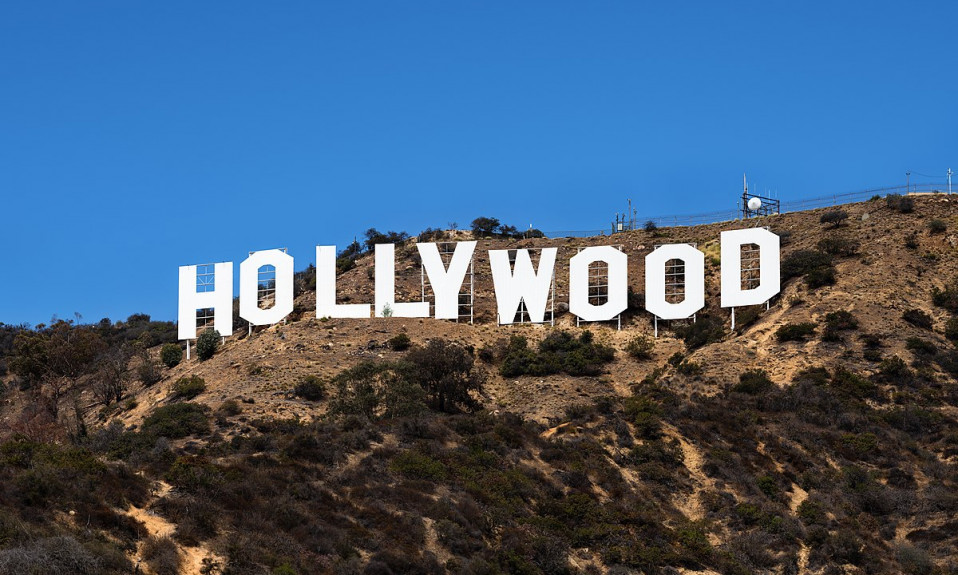“History is written by the victors.” The irony of this quote from Winston Churchill, the Prime Minister who led Britain through one of the most documented wars, isn’t lost when it comes to historical accuracy and how Hollywood’s depictions of historical events can shape our understanding of the past.
It is crucial that history is documented and Hollywood re-tellings can make previously unknown historical events accessible to a wider audience. However, issues arise when an artistic license is taken to a new level and scenarios can be changed in order to heighten drama or, a more damaging reason, to portray events from a particular bias.
The popularity of period dramas is undeniable; let’s face it, good period dramas are one of the main reasons the BBC can justify the TV license – not that I’m complaining as it brought Tommy Shelby into my life! Now other platforms are jumping on the historical bandwagon – or carriage – with series three of the Netflix original ‘The Crown’ now in production.
Audience numbers for ‘historical fiction’ films have peaked and dipped over the years. There was a huge increase in 1998, with 16.63% of overall tickets sold being for this genre (Titanic had been released the December before!) while the 2011 rise could be put down to the film adaption of The Help. However, ticket sales have declined rapidly in the past year, from 6.98% in 2017 to just 2.61% this year. So why the drop?
Perhaps the issue is the historical accuracies, or rather, inaccuracies which has caused audience numbers to dwindle. Perhaps it is the whitewashing of historical events which has been prevalent in Hollywood. Perhaps it is the lack of diversity within period and war dramas.
There is a clearly evident issue of harking back to the “good old days”, particularly in older war films. This is often the case with films told from a British perspective. Graham Dawson refers to this as “the pleasure culture of war”; films providing a nationalistic perspective. Although this is to be expected as the winners tell the story, this only provides a very limited narrative to audiences. The issues caused by this “revisionist” history can be incredibly damaging. On a small scale, it might infuriate historians to see a plane being used in a film which wasn’t commissioned until two years after the events it is portraying. But, on a more damaging scale, stories can be told which present people and even social groups in an unfairly positive or negative way.
Zack Snyder’s 2006 film 300 faced a huge backlash; both historically and socially. The film gave the Spartans all the credit when they were actually supported by around 7,000 other Greeks. More worrying is the film’s portrayal of the Persians. The Persians were one of the most advanced cultures within the ancient world while the film depicts them as savage killers who held people as slaves. It was, in fact, the Spartans who held the most slaves in Greece while the Persians had outlawed the practice. The film received a great deal of negativity in Iran due to this factually inaccurate and damaging depiction of the Persians.
Although issues can arise in the making of a film, it is still vitally important that these events are documented, albeit accurately and with fair representations. As the old adage from George Santayana goes; “those who cannot remember the past are condemned to repeat it.” But we still need to remember the actual past, not a fictional one created for heightened drama and box office sales.
World War Two is possibly the most documented war in modern cinema. There have been all sorts of perspectives told on the silver screen; from the battle in the air to the trials and tribulations of those left behind when their loved ones went off to fight. Stephen Spielberg has done his fair share of big budget war movies, most famously Schindler’s List and Saving Private Ryan. (He also directed War Horse – a British story about British soldiers directed by an American – think that’s one for another post!) Both films mentioned have been heralded as incredibly accurate representations of the events they depict. Although Private Ryan wasn’t, in fact, a real person, the artillery used in the film most certainly was. In fact, the opening scene, the storming of Omaha Beach, was so accurate that WWII veterans had to be escorted from screenings. Schindler’s List is another Spielberg film which has been praised for its accurate telling of the harsh realities of Nazi Germany.
Perhaps that is what historical films need in order to be able to fully tell their story: harsh reality. 12 Years a Slave was incredibly difficult to watch because of the brutal violence shown. It has also been deemed one of the most accurate accounts to date by historians. The film was based on the actual experiences of Solomon Northup, a man who was forced into slavery and was able to share his narrative after he regained his freedom. It was a narrative that I was unfamiliar with until the Hollywood adaptation, at which point I read the book. This is why historical re-tellings are important; they provide the opportunity to learn about the lives of people which might otherwise have been lost. However, it is vital that these stories are told with the accuracy they deserve.













